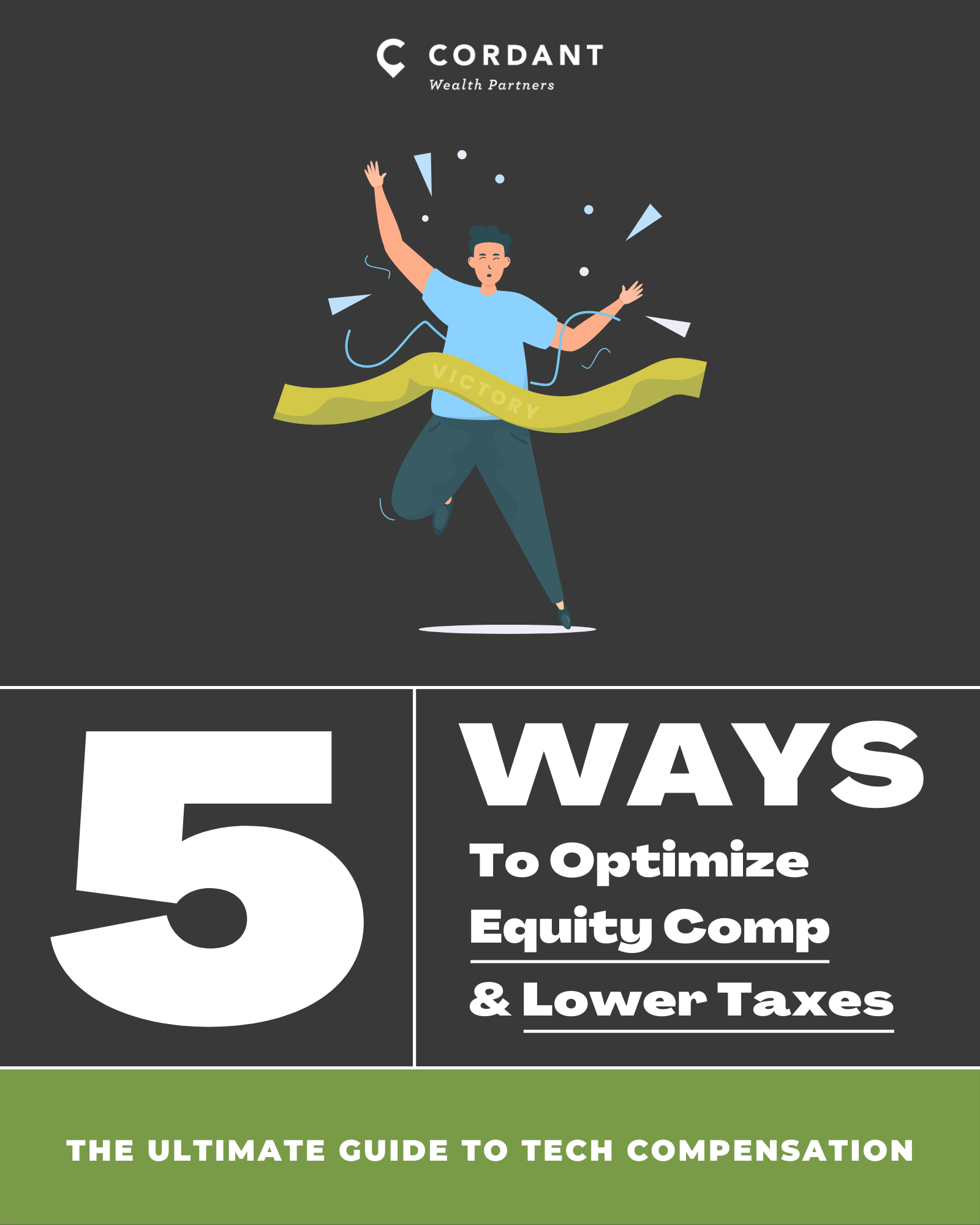“When is the best time to buy a house?”
“When is the best time to have kids?”
“When is the best time to pivot your career?”
“When is the best time to get back into the market?”
I love a good timing question and my favorites are questions like these. Questions that involve decisions, the quality of which will be determined many years from now and will be based on objectives specific to the person making the decision. Yet, for some reason we place enormous value on our ability to time decisions like these in the short-term when the long-term outcomes are what matter to us. My goal in writing this post today is to remind you to think about how you will ultimately judge a decision to get into or get back into the market. I promise it will keep you from kicking yourself too hard in the short-term.
I love the first three questions above because, for me, I feel today (many years after the fact) like I made really good decisions—I feel like I “timed” them each pretty well. However, if you had asked me what I thought of my timing two months after I bought my first house and the pipes froze and burst, at 3 AM weeks after my first child was born, or one month into leaving a career in Cleveland and moving to Portland, I would have expressed a very different opinion of my decision-making and timing skills.
The fact is, there is little benefit in evaluating decisions made for the long-term based on short-term results. We can’t help but make judgments though, and make them quickly. As famed investor Charlie Munger once said, “Waiting helps you as an investor and people can’t stand to wait. If you didn’t get the deferred-gratification gene, you’ve got to work very hard to overcome that.”
Recently, I’ve talked to many investors who, in response to the recent market decline, have either partially sold out of the market and want to know when to buy back in, or have cash on the side and think the time might be now to put that cash to work.
My response to these investors is guided by whether they are investing for the long-term. If a day’s, week’s, or month’s return isn’t the ultimate determiner of whether you meet a financial goal or objective, and taking on market risk is something that aligns with your financial objectives and plan as a whole, then now may be a very good time to get back into the market. I say this, not because I think things couldn’t get worse (they could), but because history tells us the stock market has has done pretty darn well over the long-term despite some really difficult periods. Today, stock prices are cheaper than they were a couple months ago, so if you think (like me) that markets will eventually recover and the purpose of your investment is long-term, history shows the odds are favorable for you to get back in.
But, before I recommend you take action, ask yourself: What, ultimately, will make me look back and say that this was a good decision?
In fact, write this down in a place you can reference it! Because it is very likely that there are going to be moments in the short-term when it feels like a really bad decision. Again, if a day’s, week’s, or month’s return isn’t the ultimate determiner of whether you made a good decision, it shouldn’t drive unnecessary actions.
We have all been in a situation where a boss, a teacher or maybe even a loved one set an expectation for us that was unclear or changed over time. In such situations, we have no idea how the result of our efforts will be judged. We likely end up frustrated, demotivated and failure seems inevitable. Avoid creating the same type of situation with your financial decisions. Set clear expectations up front and evaluate them accordingly.



